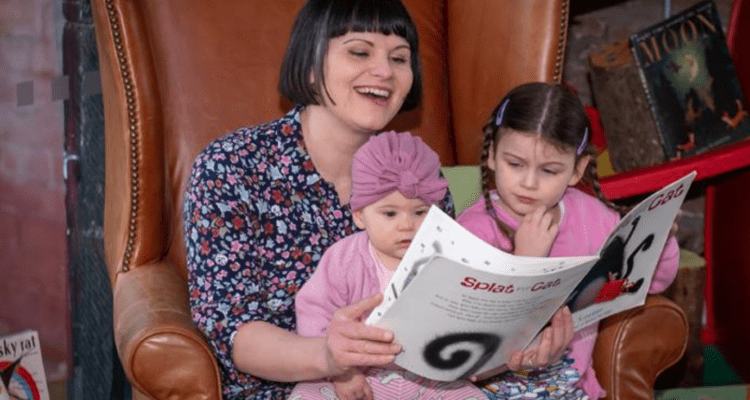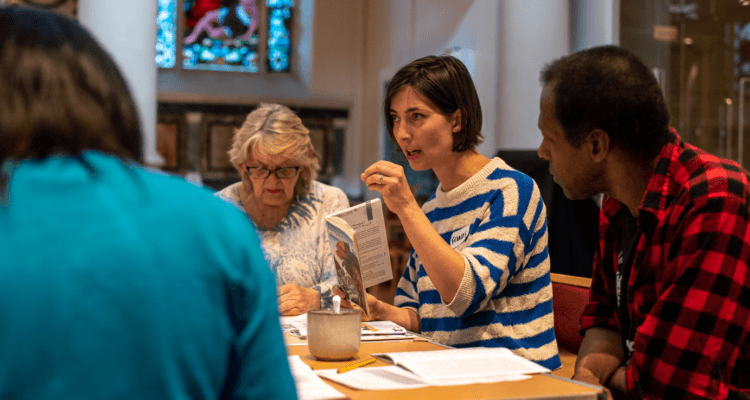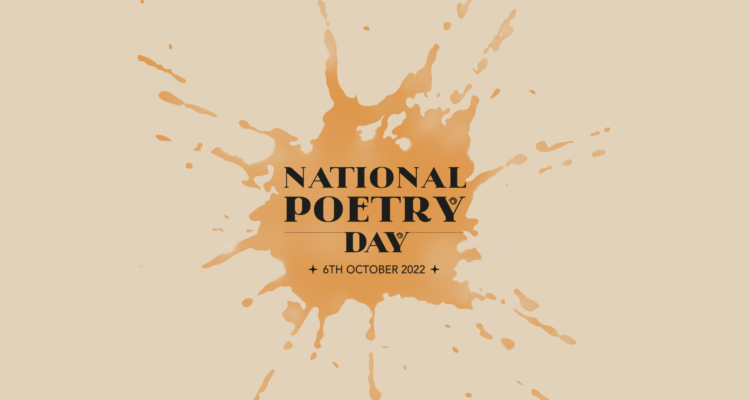The Reader Gets Angry
Below you can download the full version of Gabriella Gruder-Poni's essay, 'Scenes from a PGCE' published in The Reader 35.
In the magazine we printed the shorter piece under the tag line 'The Reader Gets Angry' partly to draw attention to Gabriella's important essay, and partly as a warning to the faint of heart. This is indeed a furious argument against the slow forms of stupidity that large organisations are capable of maintaining on principle. It is an attack on the defeated policies that seek to preserve the appearance of success by lowering standards, and a defence of these core values in education: the need to read so as to understand the world in which you live, the right to inherit great literature, the value of raising yourself to equality rather than sinking towards it. There are recognisable figures here: the trendy teachers, the jobsworth functionaries, the bemused students, and the exasperated, disbelieving parents. One character you may not know yet -- but you will certainly know her by the end of the piece -- is Gabriella Gruder-Poni herself who keeps protesting throughout her training course.
It begins:
Two months into a PGCE in English, I noticed that the Year 9 students in my school, considered one of the best in the county, had trouble with basic vocabulary: ‘envy’, ‘lament’, ‘fiend’, ‘distinguish’, ‘negative’ and ‘eternal’ were Greek to them; no wonder they found reading frustrating. So I brought from home a stack of vocabulary books that I had used in middle school. With their witty exercises on usage and notes on etymology, these books had awakened in me a love for the English language, and I hoped they would do the same for the students I would soon teach. In the spirit of sharing a good book, I lent one of the volumes in the series to the convenor of my PGCE. A few months later, instead of returning the book to me, Mr.F--- summoned me to his office. ‘Why did you lend this book to me?’ he demanded. ‘I thought you would be interested’. How wrong I had been: far from being interested, he was outraged. The book was ‘dreadful’ and ‘frightening’. I was almost too surprised to argue, but I did mention my own positive experiences learning from the books – here he seemed momentarily embarrassed – and using them to teach English composition. Wouldn’t learning new words make the students better readers and writers? Not at all; the books were ‘boring’, ‘dangerous’ and flawed, because they did not include all possible definitions of the words. ‘You have to start somewhere!’ I thought, but didn’t say so. Hoping to placate him, I said, ‘Well, if you don’t want me to use them, I won’t’. ‘Oh, you certainly won’t’. Finally, he exclaimed: ‘They’ll never need these words!’ Thankfully, the interview came to a close soon after, and I left with his words ringing in my ears: ‘They’ll never need those words’, never need words like ‘assail’, ‘assimilate’, ‘mishap’ or ‘ostentatious’. Why not? Didn’t he expect them to read and write? I began to suspect that my students’ woeful ignorance might be a consequence of attitudes like those of Mr. F---. After a demoralising first term, reckoning that I was not going to learn anything, nor was I going to get a chance to help the students, I considered dropping out of the PGCE. But a friend convinced me to think of myself as an undercover reporter, and I decided to stay. ‘They’ll never need those words’ – these words are the reason for this article.
Please do write in to us to tell us what you think -- for and against -- and to pass on your experiences in the school system or to tell us what were your own school days were like.
Share
Related Articles

Reader Revisited: Reading with Looked-After Children by Grace Frame
We're taking a trip down memory lane and revisiting articles from The Reader Magazine. This article first appeared in issue…

Meet The Reader: Staff Spotlight with Frances
Saturday 30 September is International Podcast Day so this month we got chatting to Frances MacMillan, the Head of Literary…

National Poetry Day 2022
To celebrate National Poetry Day 2022, The Reader has created a new poetry anthology exploring this year's theme, The Environment.…


